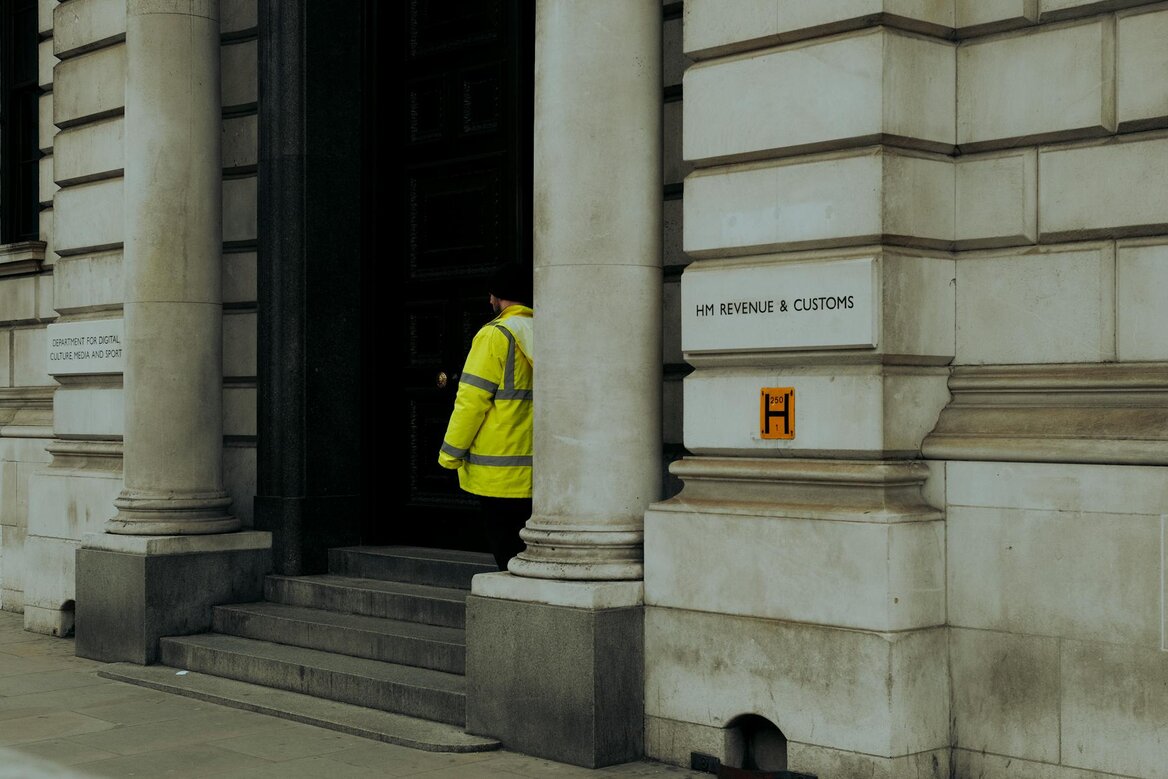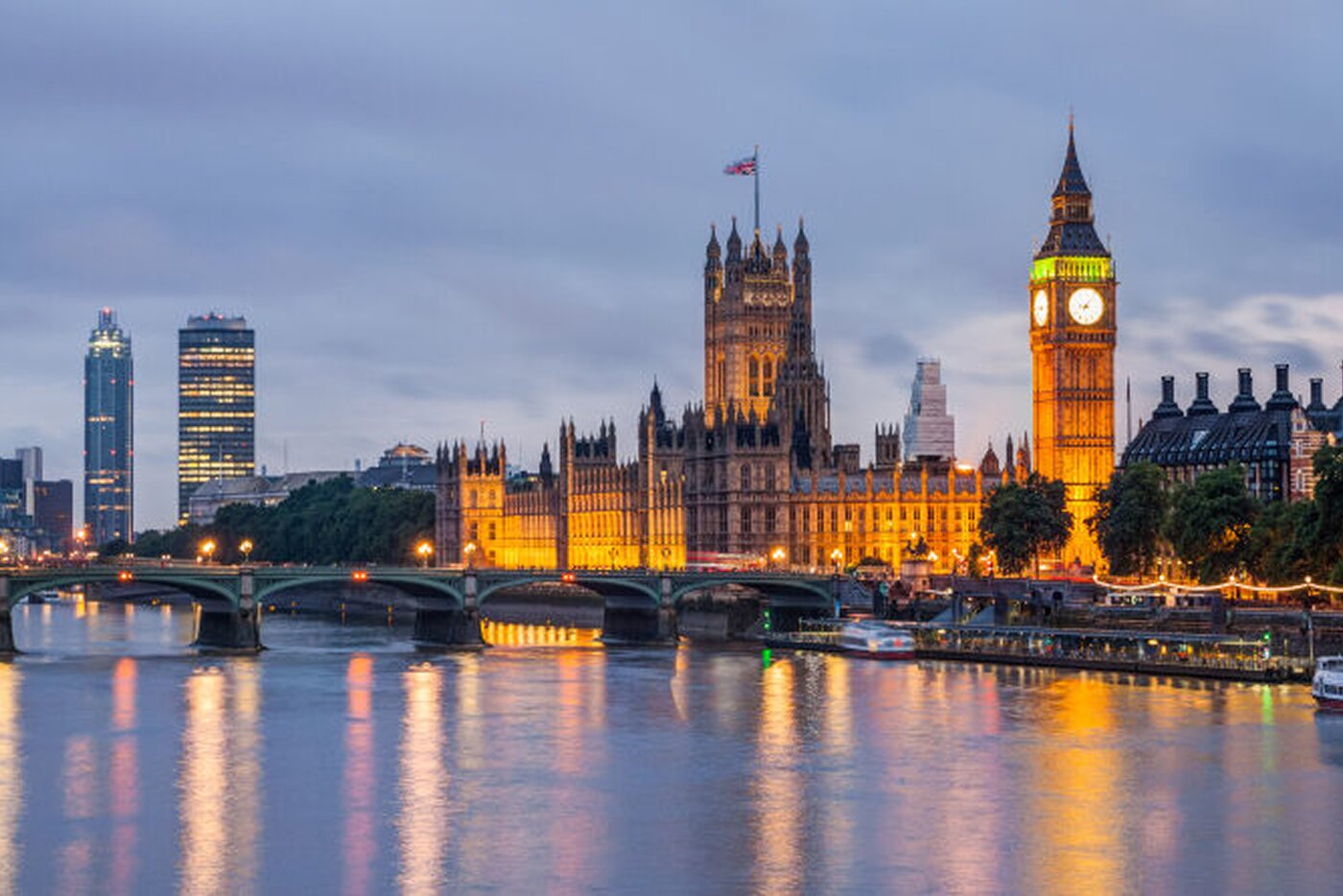In a decisive move aimed at combating the growing retirement savings crisis, the UK government officially revived the landmark Pensions Commission on 21 July 2025. The commission, first convened in 2002 under Tony Blair and last active in 2005–06, is tasked with investigating why future retirees are projected to be financially worse off than current pensioners. With its final report due in 2027, the commission aims to build consensus on sustainable pension reform.
Alongside the commission’s relaunch, a legally required third review of the State Pension age has been launched. Work and Pensions Secretary Liz Kendall confirmed that while today's State Pension age remains at 66, it is scheduled to rise to 67 between 2026–27, and further adjustments up to 68 in the mid-2040s may be considered.
Both initiatives are urgent responses to serious trends: 45% of working-age adults are saving nothing into a pension, and private pension income for those retiring in 2050 is forecast to fall by 8% (£800 annually)
Why the Pensions Commission Was Revived
The revived commission will investigate systemic barriers that inhibit saving, particularly among the self-employed, low-paid workers, women, and ethnic minority groups.
Its mandate includes exploring solutions like expanding auto‑enrolment eligibility, potential contribution increases post‑2029, and broader policy changes beyond pensions. With major income declines anticipated, the commission aims to secure retirement incomes.
State Pension Age Under Scrutiny
The State Pension age review, mandated every six years, will assess current thresholds based on life expectancy, generational equity, and international benchmarks. It mandates two independent reports: one led by Dr Suzy Morrissey on pension age factors and another by the Government Actuary’s Department evaluating life‑to‑retirement ratios
Pensions Commission Composition & Timeline
The new commission includes Baroness Jeannie Drake, Sir Ian Cheshire, and Professor Nick Pearce. It will work with industry bodies like the CBI and TUC and deliver its final recommendations by 2027. Politicians, businesses, and unions describe the commission as a “vital step forward” addressing deep inequalities and saving shortfalls

A Crisis in Savings Participation
Current figures are alarming: nearly 15 million people are undersaving, including over 3 million self-employed, 75% of low‑paid workers, and only 25% of Pakistani/Bangladeshi households contribute to pensions. Around 45% of working-age adults are not contributing at all
Gender Pension Gap & Wealth Disparities
There is a stark 48% disparity in private pension wealth: women nearing retirement expect around £5,000 less annually than men, roughly “just over £100/week” vs “just over £200/week”. Groups including women, BME communities, disabled workers, and the self-employed disproportionately face pension exclusion

Conclusion
The UK government’s revival of the Pensions Commission and the launch of a State Pension age review mark a pivotal moment in the battle against a looming retirement income crisis. With startling data, such as 45% of working adults not saving and women facing a 48% pension wealth gap, the scale of the challenge is clear.
The commission, utilising respected figures like Baroness Jeannie Drake, Sir Ian Cheshire, and Professor Nick Pearce, is set to examine systemic barriers and propose solutions extending beyond this parliament. Backed by strong stakeholder support across government, business, and unions, the initiative aims to reform pensions via auto‑enrolment expansion, targeted contribution increases, and wider social policy changes.
As the commission works toward its 2027 report, its success will depend on delivering strategic, phased reforms that ensure fairness and sustainability, keeping future retirees, especially the vulnerable, financially secure.











